Epic adventures, love gone awry and alternate histories pepper a fall crop of new fiction that is funny, unsettling and sad. Here are but a few suggestions from the many fine novels about to arrive in stores:
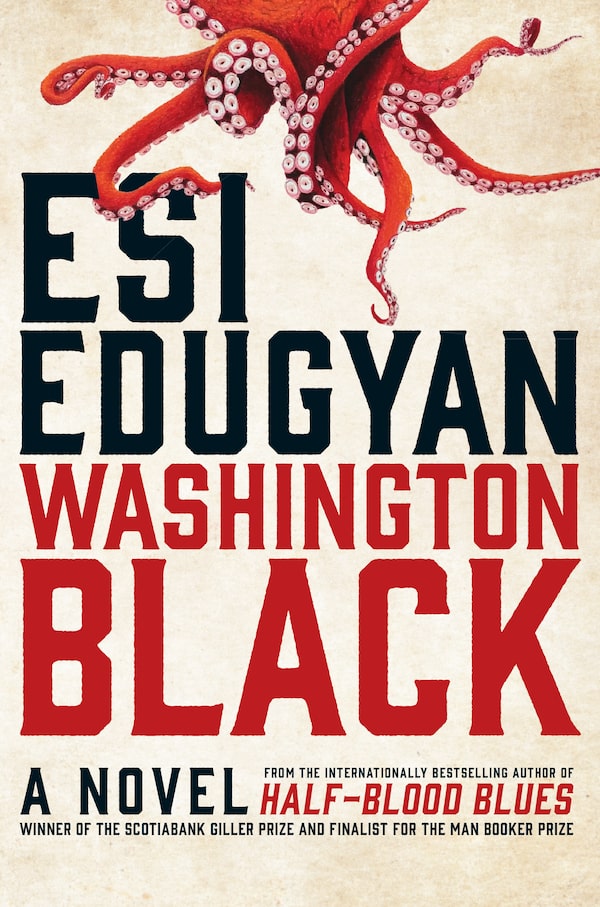
Seven years after her internationally bestselling, Scotiabank Giller Prize-winning Half-Blood Blues, Esi Edugyan is back with Washington Black (Patrick Crean Editions, Aug. 28). This epic coming-of-age tale of a gifted boy born into slavery in Barbados traverses multiple continents and encompasses every type of weather imaginable. A rich novel of science and art, of friendship and brutality, it has already landed on the long list for this year’s prestigious Man Booker Prize.
In his first novel since 2010’s Super Sad True Love Story (and since being a juror for Canada’s Giller Prize), Gary Shteyngart (The Russian Debutante’s Handbook, Absurdistan) turns his satirist’s eye on modern life – for a very few, very privileged – in America. Lake Success (Random House, Sept. 4) opens with a Wall Street one-per-center fleeing his marriage and autistic child … on a Greyhound bus. Super sad, super funny, super Shteyngart.
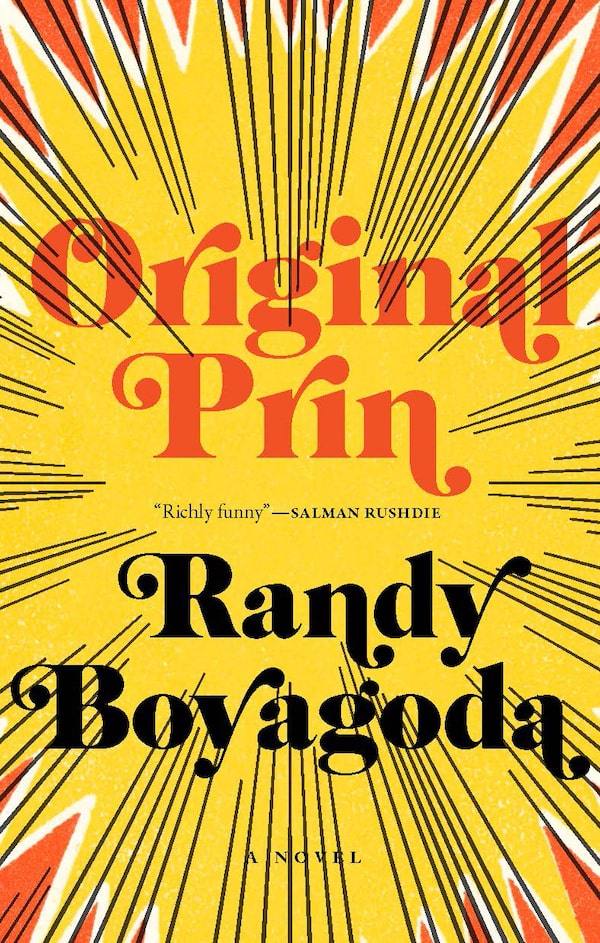
For satire from our own side of the border, try Randy Boyagoda’s Original Prin (Biblioasis, Sept. 25). “Eight months before he became a suicide bomber, Prin went to the zoo with his family,” the novel begins. Boyagoda unpacks ideas of faith, fanaticism and family duty, while propelling readers to the final page to find out how his prophetic opening line will come to pass. Salman Rushdie thinks you’ll like it too: “Richly funny,” he says.
Another novel-with-laughs: Searching for Terry Punchout (Invisible Publishing, Oct. 15). A smart, funny story about hockey culture in small-town Canada, Tyler Hellard’s debut is a King Leary for the Maritimes that has already racked up advance praise from Terry Fallis, Will Ferguson and Stacey May Fowles.
One of literature’s great mother-son relationships is back as Eden Robinson continues her acclaimed trilogy that began with Son of a Trickster in 2017. In Trickster Drift (Knopf Canada, Oct. 2), protagonist Jared is now in Vancouver, trying to stay on the wagon and keep all forms of magic at bay. Not so easy when you’re the son of a Trickster and your mother is a tough, no-nonsense witch.
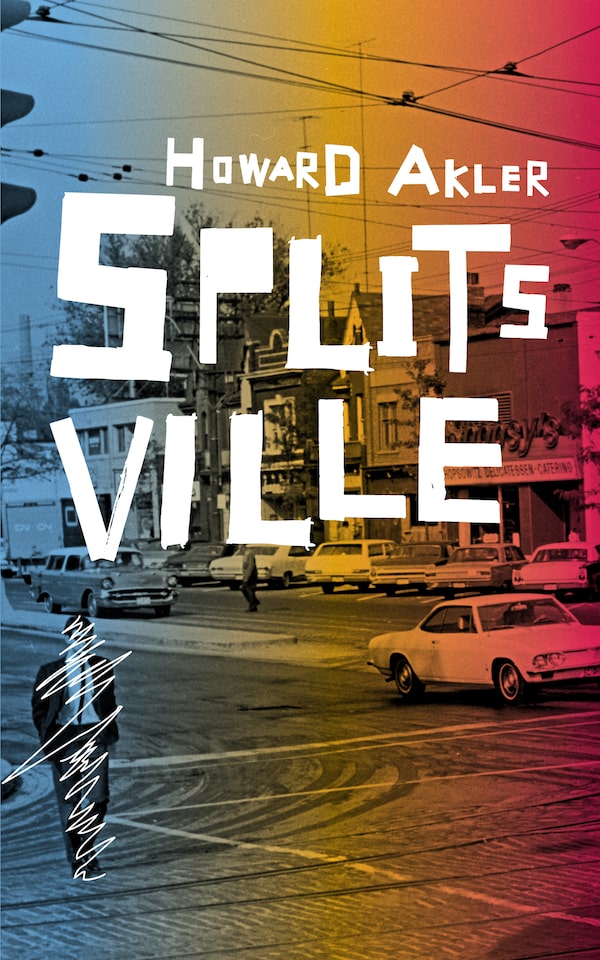
And after 13 years, Howard Akler is back, too. The author of The City Man returns to Toronto’s past in his long-awaited second novel: a love story built around the highway that famously wasn’t. Will the romance end well? The title, Splitsville (Coach House Books, Sept. 1), suggests not. Years later, a family member will try to figure out why.
After five previous volumes, legions of fans and reams of fawning praise in newspapers and magazines around the globe, the epic struggles of Karl Ove Knausgaard are about to reach their quietly brooding, excessively detailed, utterly compelling conclusion. Series obsessives should make space on their nightstands: the simply titled The End (Knopf Canada, Sept. 4) clocks in at close to 1,200 pages of Knausgaardian diurnal detail.
If Nordic epics are your thing, Icelandic literary sensation Sjon’s CoDex 1962 (Farrar, Strauss & Giroux, Sept. 11) is waiting to step in when Knausgaard bows out. A trilogy nearly 25 years in the making – the three volumes were published in Iceland in 1994, 2001 and 2016 but are being published as a single volume in English – CoDex 1962 was met with rapturous praise in Iceland. “An extravaganza in which Bosch meets Chagall, with touches of Tarantino,” the Guardian says.
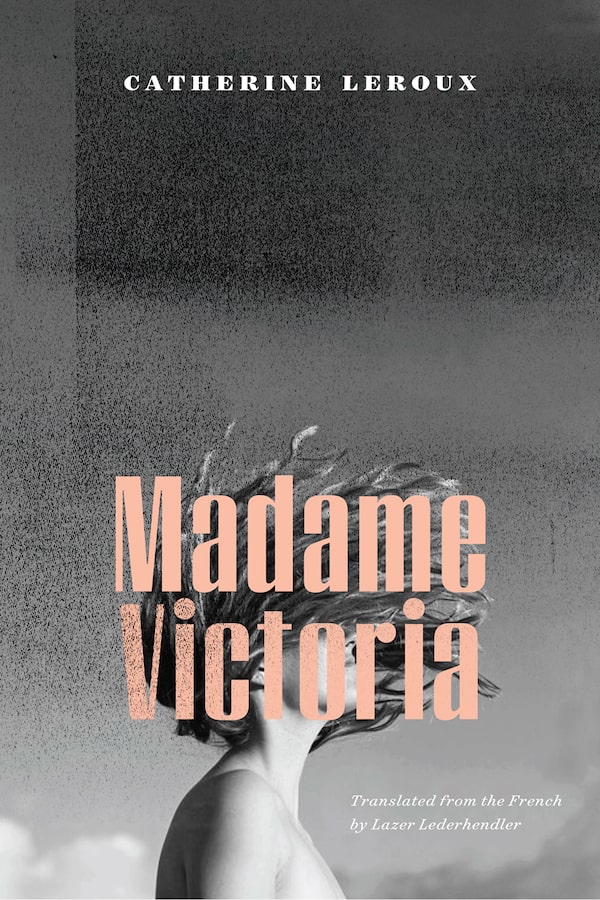
Catherine Leroux (The Party Wall) draws inspiration from a real-life mystery in Madame Victoria (Biblioasis, Sept. 18). The novel’s genre-bending conceit of constructing 12 possible histories for an unidentified woman whose skeleton was found in the woods is likely to appeal to fans of Kate Atkinson’s Life After Life. This is bonus good news for Atkinson fans, who also have her mystery filled, 1950s-set latest, Transcription (Bond Street Books, Sept. 18), to look forward to on the same day.
Other big-buzz fiction comes courtesy of author/fraudster of A Million Little Pieces infamy James Frey, whose Katerina (Scout Press, Sept. 11) is a sweeping love story alternating between Paris in 1992 and Los Angeles in 2017; celebrated poet Dionne Brand, whose novel Theory (Knopf Canada, Sept. 18) tells the story of an academic whose intellectual pursuits become challenged by affairs of the heart; and rising literary star Waubgeshig Rice, who creates an unsettling new reality in a snowbound northern community in Moon of the Crusted Snow (ECW Press, Oct. 2) – perfect for those who read Iain Reid’s Foe this summer and are looking for something in the same vein.
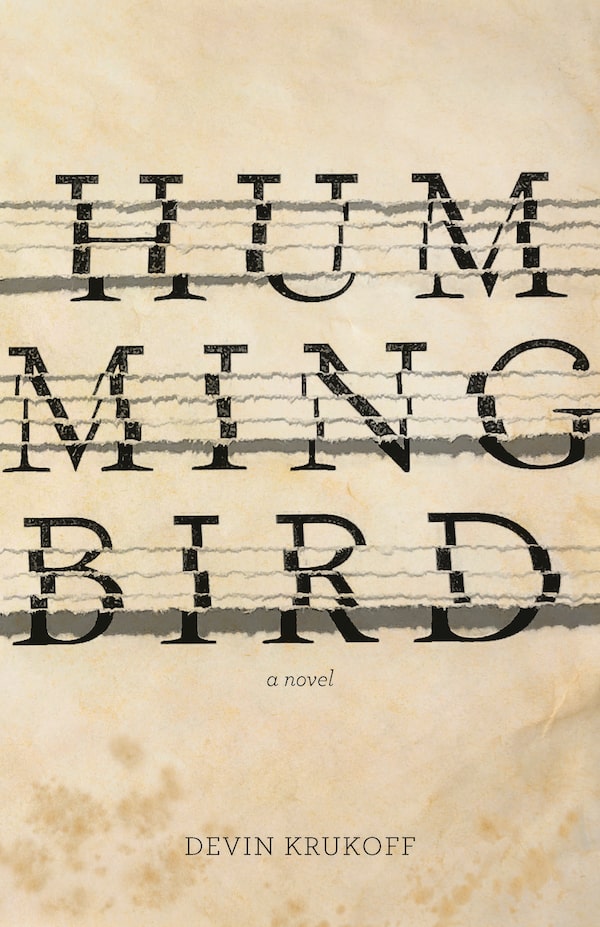
In John Boyne’s A Ladder to the Sky (Doubleday Canada, Nov. 13), a would-be writer sets off in search of the stories of others, stopping at nothing to find them; while in Devin Krukoff’s Hummingbird (Freehand Books, Sept. 11), the protagonist, experiencing gaps in time, flashbacks and glimpses of the future, finds he is losing his grip on the story that should be his own.
Master of the unusual and unexplained Haruki Murakami pays homage to The Great Gatsby in Killing Commendatore (Bond Street Books, Oct. 9), a novel of war, art, love and loneliness involving (predictably in a Murakami novel, but that’s part of the joy of reading Murakami) a thirtysomething man and many unexplainable goings on. And fellow genre-blender Jonathan Lethem presents The Feral Detective (Ecco, Nov. 6), his first detective novel since 1999’s Motherless Brooklyn.
For genre-blending that transcends the novel form, Polaris-winning Inuit throat singer Tanya Tagaq combines poetry and prose, memory fragments and fiction to tell a fierce and tender story of growing up in Nunavut in the 1970s. Her first book, Split Tooth (Viking, Sept. 25), straddles the line between fiction and fact, and makes a nice segue into this season's notable non-fiction offerings.
Personal stories and coming-of-age tales feature heavily in this season’s must-read non-fiction, running the gamut of music, fashion, publishing and politics in terms of subject.
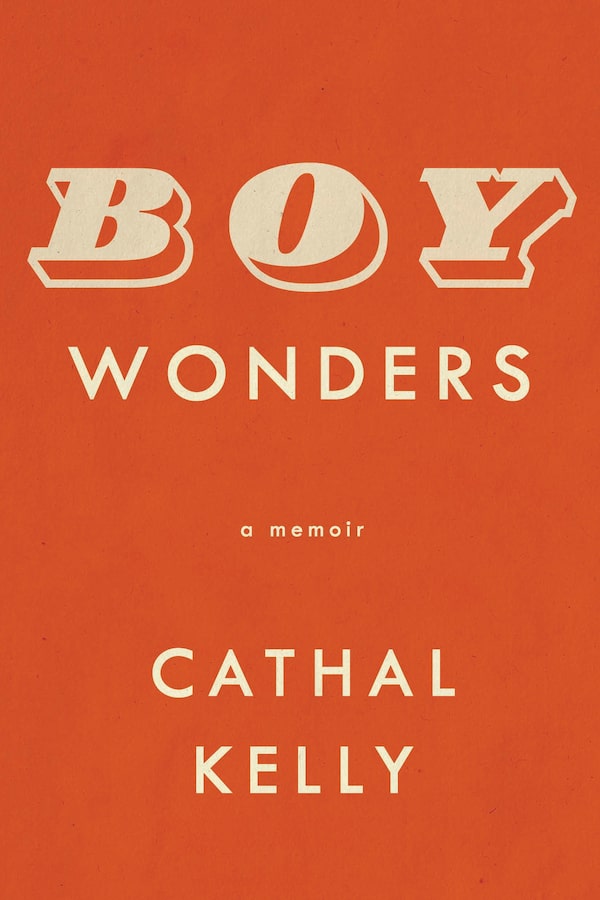
Cathal Kelly’s reporting (for this newspaper) about sports is so entertaining that even if (like this reader) you don’t much care about sports, you may regularly read him anyway. His debut memoir, Boy Wonders (Doubleday Canada, Sept. 25), about growing up in the 1970s and 80s, promises to be emotional, funny and packed full with nerdy obsessions and ill-advised fashion choices. Also sports.
No poor fashion choices in this next book. “If you don’t take money they can’t tell you what to do kid,” New York Times fashion photographer Bill Cunningham said. Is that why he never sought a publisher for his meticulously typed memoir? Discovered by Cunningham’s family after his death and sold at auction, Fashion Climbing: A Memoir with Photographs (Penguin Press, Sept. 4) is the untold story of the street-photography legend – a true original in fashion, photography and life.
Novelist, non-fiction writer and publishing legend Anna Porter has won accolades for writing books about other people. Now, with In Other Words: How I Fell in Love with Canada One Book at a Time (Simon & Schuster Canada, Sept. 25) she writes about herself. Porter – a Hungarian girl who grew up to become instrumental in bringing Canadian stories to Canadian readers – recounts her life and work at the centre of book publishing in post-Expo Canada.
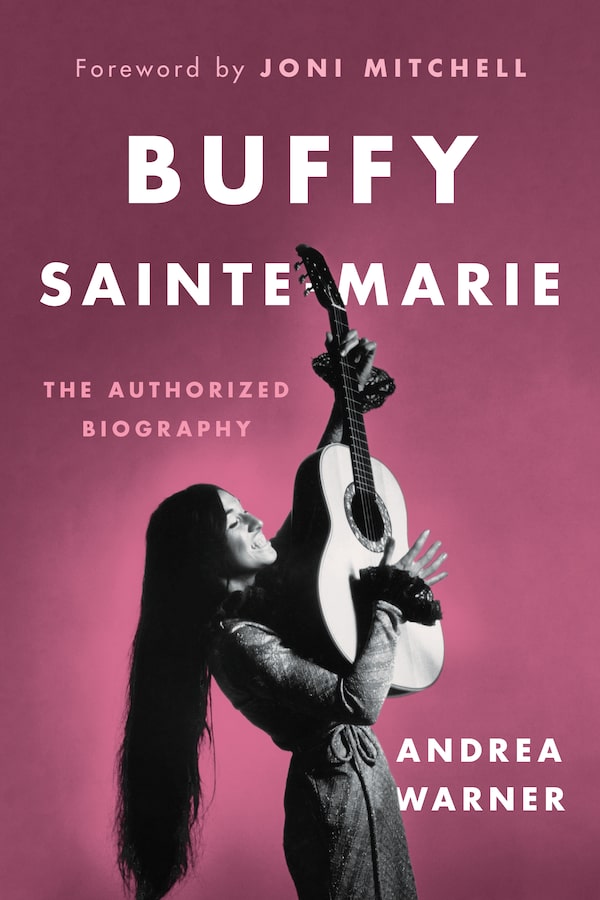
Scenes from the life of a Canadian cultural icon unfold in music critic Andrea Warner’s Buffy Sainte-Marie (Greystone Books, Sept. 25), the only authorized biography of the legendary activist, artist and singer-songwriter to date. Bonus material: fellow icon Joni Mitchell contributed the introduction. Meanwhile Darrel J. McLeod remembers an Alberta childhood and a formidable matriarch in his heartbreaking memoir of resilience and family devotion, Mamaskatch: A Cree Coming of Age (Douglas & McIntyre, Sept. 15).
In Always Another Country (World Editions, Sept. 14), social justice activist Sisonke Msimang recounts her childhood in exile in Zambia, Kenya, Canada and beyond; her political awakening in the United States and Africa; and her disillusionment upon returning to South Africa. In her TED Talk, which has amassed more than 1.3 million views, Msimang urges: “If a story moves you, act on it,” words that fellow fall authors Vivek Shraya and Tanya Talaga will hope their readers take to heart.
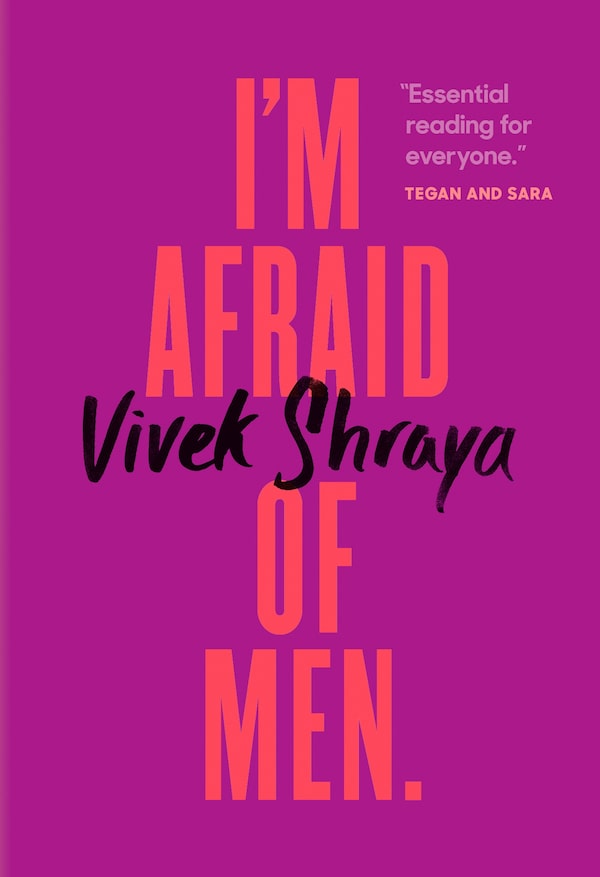
In I’m Afraid of Men (Penguin Canada, Aug. 28), Canadian artist Shraya explores how masculinity was imposed upon her as a boy and continues to haunt her as a girl. Shraya – a queer, trans woman of colour – suggests how we might rethink gender in the 21st century.
Talaga, whose Seven Fallen Feathers – about the deaths of seven Indigenous teens in Thunder Bay – was one of the most award-winning books of 2017, will present this year’s Massey Lectures. All Our Relations: Finding the Path Forward (House of Anansi Press, Oct. 16), examines the suicide epidemic in Indigenous communities in Canada and beyond.
Books from three high-profile political figures will appeal to readers of different political stripes. In Right Here, Right Now: Politics and Leadership in the Age of Disruption (Signal, Oct. 9), Stephen Harper (a.k.a. Canada’s 22nd prime minister) sets out a vision for leaders in politics and business to adapt and thrive in an age of disruption, while in My Stories, My Times Jean Chrétien (a.k.a. Canada’s 20th Prime Minister) shares candid essays from his time in office (Random House Canada, Oct 23). In Becoming (Crown, Nov. 13), former first lady Michelle Obama shares her story. The Obamas received a reported joint advance of US$65-million for their books. Expect to be hearing about this one a lot.
Prefer not to talk about politics? How about every Canadian’s favourite topic, the weather? In 18 Miles: The Epic Drama of Our Atmosphere and its Weather (ECW Press, Oct. 23), celebrated non-fiction author and poet Christopher Dewdney explores “the invisible rivers in the sky” that influence our climate. A brilliant and witty journey into our national obsession.
Becky Toyne is the “Should I Read It?” columnist for Day 6 on CBC Radio and a regular contributor to Globe Books.
Commercial fiction picks for fall
By Sarah Laing
For delicious Halloween night terrors:
Melmoth by Sarah Perry
For those whose autumnal traditions lean more Edgar Allan than Pumpkin Spice, this spine-tingling, gloriously creepy tale awaits for All Hallows Eve delectation. The author of gothic bestseller The Essex Serpent returns with the story of Melmoth, a shadowy figure who appears throughout time to the lonely and the lost. Catch is: She’s not exactly there to offer comfort to the bereft souls she stalks … and those souls aren’t quite as innocent as they may first appear either. This is horror done masterfully, of the sort that is less about bangs-that-make-you-jump and more about (maybe) imagined breaths on the back of the neck from a presence that can’t be real … or could it?
More like this:
The Witch of Willow Hall by Hester Fox
Elevation by Stephen King
For rom-com’ing like it’s 2005 again:
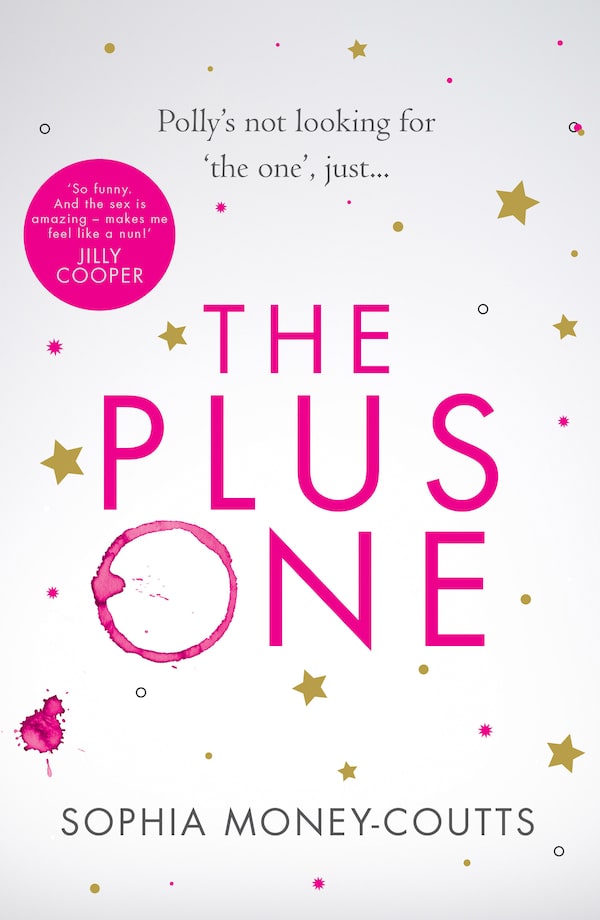
The Plus One by Sophia Money-Coutts
Sometimes, one needs the entertainment equivalent of a glass of Whispering Angel – light, easily digestible fun that goes to your head just a touch. This ex-Tatler editor’s debut delivers such escapism (with a side of Nancy Mitford-ian wit) by the magnum-full. Polly Spencer has just turned 30, withering away at celebrity gossip rag Posh!, and, shades of Bridget Jones, is the perennial single in a sea of left-hand-rock-flashing friends. Enter Jasper, Marquess of Milton, a rakish aristocrat with a habit of getting photographed falling out of clubs. It all unfolds precisely as it should (flirty banter, visit to the old family castle, a last minute wrench in the romance), and, praise be, without a hangover after the happily ever after.
More like this:
The Proposal by Jasmine Guillory
The Royal Runaway by Lindsay Emory
For a story that’s a little bit sci-fi, a little bit fantasy:
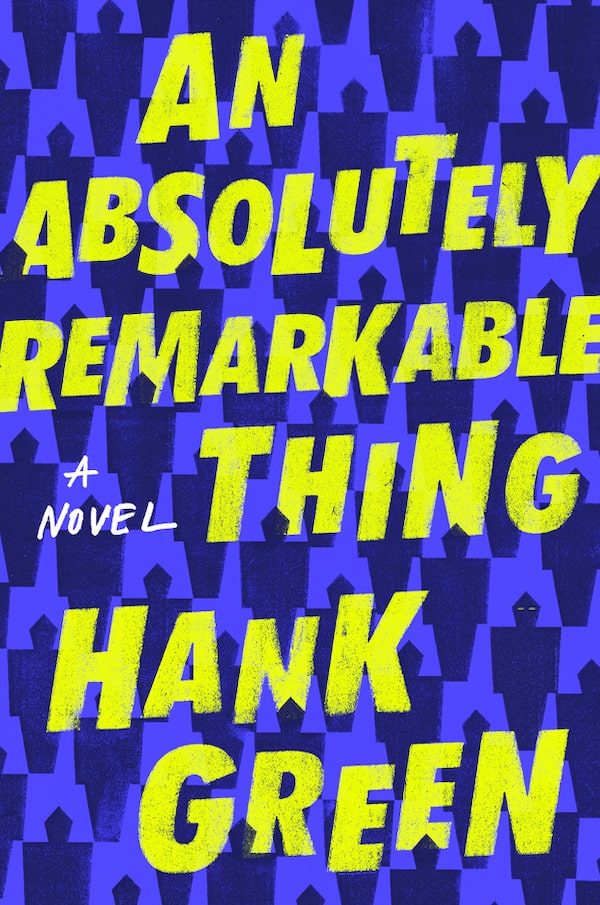
An Absolutely Remarkable Thing by Hank Green
Hank Green, the brother of wildly successful YA author John Green (Looking For Alaska, Paper Towns, The Fault in Our Stars), originally envisioned this tale as a graphic novel. It’s certainly the sort of dystopian subject matter that lends itself to that format: A young woman catapults to overnight fame after a video she shares of a potential extraterrestrial encounter goes viral. As with most great science-fiction, this amiable, often funny novel’s great strength is in what it tells us about ourselves through the lens of the travails and foibles of an imagined world.
More like this:
Trinity by Louisa Hall
Time’s Convert by Deborah Harkness
For a love story as reliable as watching The Notebook a 900th time:
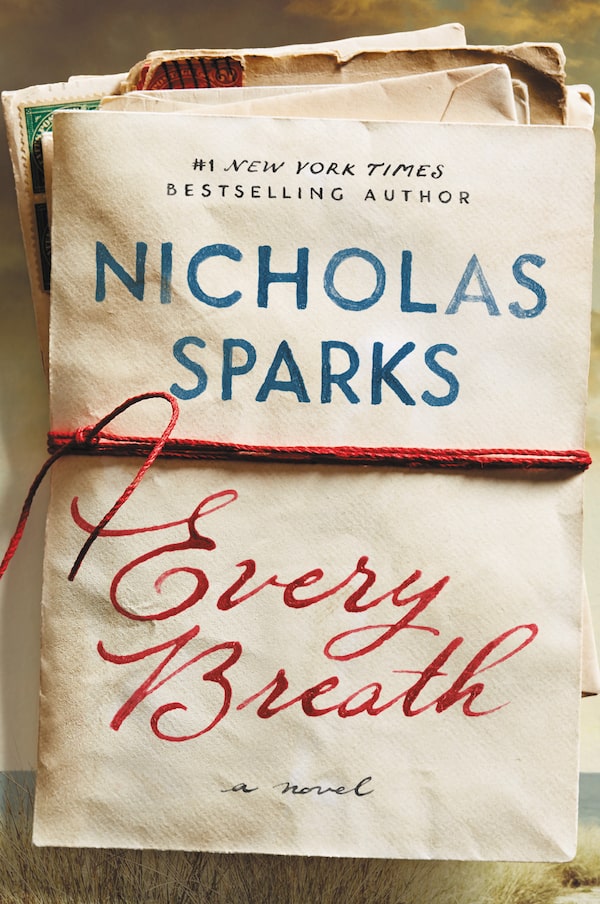
Every Breath by Nicholas Sparks
Nicholas Sparks is the sensible sedan of the romance world: Nothing flashy, nothing groundbreaking – but trustworthy, beloved by millions and guaranteed to do what it says on the box. In Spark’s case that’s delivering a pleasantly schmaltzy, comfortingly readable story about two people who fall in love. For his 21st book, Sparks takes his reader back to his beloved North Carolina and to Kindred Spirit, a mailbox on a remote island where people leave letters for others to read. One particular tear-stained missive is from a woman named (in classic Sparks fashion) Hope, and it’s addressed to Tru (yep) the man who captured her heart on a lost weekend decades before and for whom she has pined these long, lonely years. Sparks, inserting himself into the narrative for a twist, traces the story of this love story's bittersweet conclusion. And yes, like clockwork, there were tears around page 250.
More like this:
The Memory Collector by Fiona Harper
Shell by Kristina Olsson
For skewering social satire:
Family Trust by Kathy Wang
Family Trust is the story of the Huang clan, an Asian-American family grappling with the sudden announcement that Stanley, the family patriarch, has terminal cancer. So far, so Crazy Rich Asians, right? Well, ish. Kathy Wang’s prose is dryly cynical in a way that CRA author Kevin Kwan’s isn't and she’s far more interested in satirising Silicon Valley and contemporary American culture than she is chronicling the extravagant exploits of Asia’s one per cent. That said, this, as with CRA, is a book about money and its power to make people do unexpected things. Stanley has yet to write his will and the tussle to get him to put his wishes down on paper is the narrative engine of the book. The hook, however, lies in Wang’s relatable portraits of the various members of the Huang family: Fred, the Harvard business grad son trying to be a tech god and succeeding middling-ly; Kate, mother and breadwinner while her (potentially deadbeat) husband is working on his killer app; Linda, the family matriarch (and brains behind their wealth), venturing out on the senior dating scene after finally divorcing Stanley.
More like this:
The Rise and Fall of Becky Sharp by Sarra Manning
The Stylist by Rosie Nixon
For those tempted by the siren call of under-the-sea:
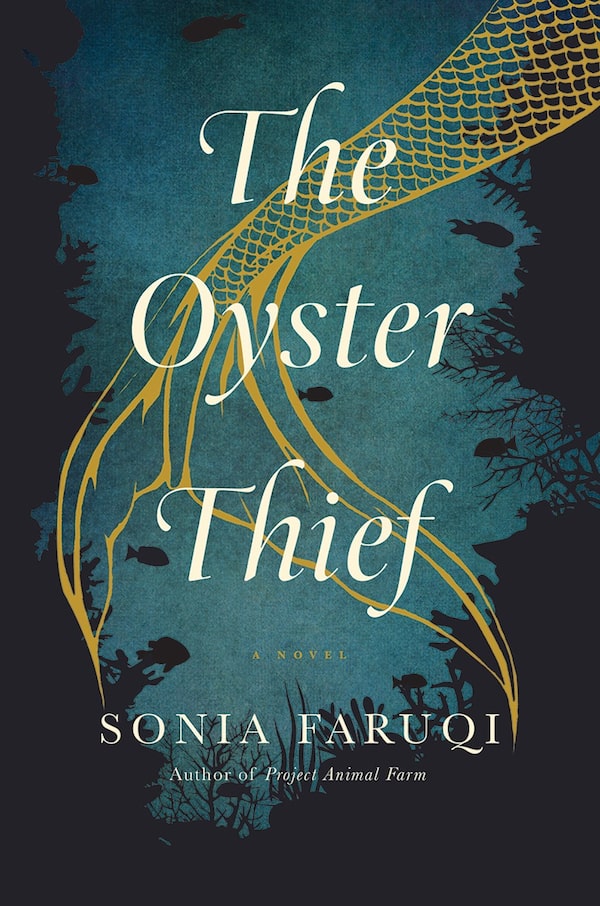
The Oyster Thief by Sonia Faruqi
Mermaids were a thing in the beauty world recently and it seems that these creatures of myth have swum over to the literary landscape as well. A stand-out in the current crop of books about merfolk is The Oyster Thief, the fiction debut of Sonia Faruqi, best known for her food production exposé Project Animal Farm. In its own way, Oyster Thief is an activist tale too: Greedy human Izar’s quest for aquatic domination threatens the way of life (and actual lives) of Coralline and her fellow citizens of the idyllic mervillage she has grown up in. And while yes, things get epic and dramatic, the charm of this beguiling novel is in all the details of the underwater world that Faruqi has dreamed up – the complex mer social order, for instance, and the various remedies Coralline mixes up in her work as a pharmacist for the finned folk.
More like this:
The Mermaid and Mrs Hancock by Imogen Hermes Gowar
For historical fiction with daughter in the title:
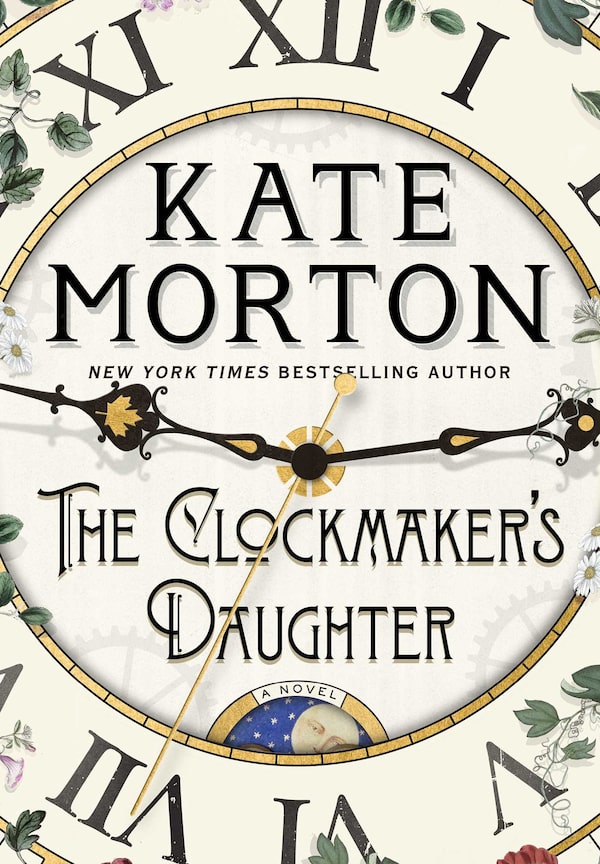
The Clockmaker’s Daughter by Kate Morton
A strange way to group things, yes, but there’s a well-worn sub-genre of the historical fiction world that’s all about the generational saga, the sins of the mother being visited on the daughter, actions and their consequences, etc. etc. etc. The biggest of this sort of fall release is by Kate Morton, a master of the family secret story. The Clockmaker’s Daughter cuts between the past (a tragic summer at an artist’s retreat in 1862) and the present (the humdrum life of an archivist transformed by the discovery of etchings that depict a house she feels like she’s been to somehow). Morton’s great gift is evocation (the longing! the tension! the grief for things lost!) and giving her readers juicy, immersive worlds that can be fallen into and out of … with a lot less strife (and maybe more star-crossed lovers) than exploring one’s own real-life family drama.
More like this:
The Lighthouse Keeper’s Daughter by Hazel Gaynor
Daughters of Castle Deverill by Santa Montefiore
Sarah Laing is a Toronto-based freelance writer.